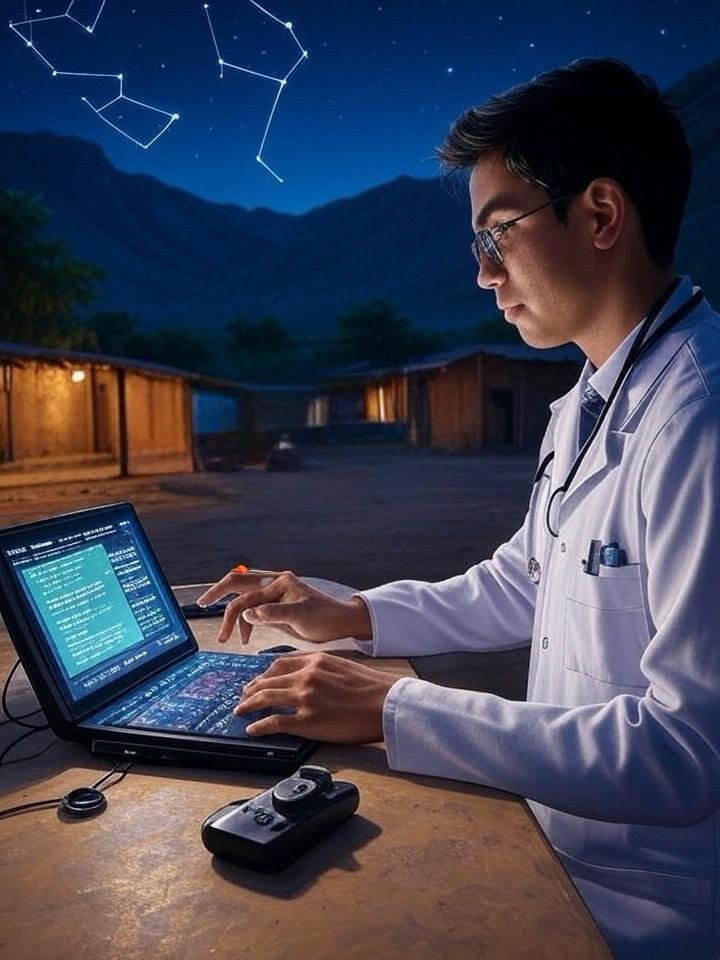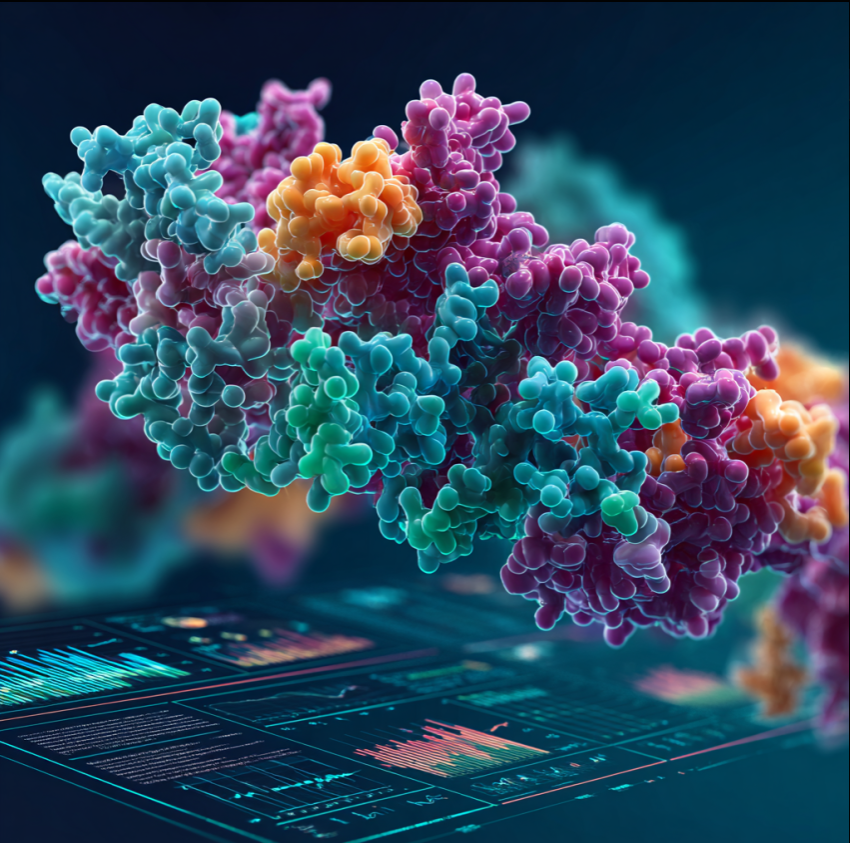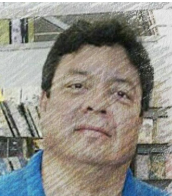-

De silicio y esperanza: Nvidia, inteligencia artificial y el nuevo rostro de la medicina
Dr. Marco V. Benavides Sánchez. Medmultilingua.com. En agosto de 2025, Nvidia no es solo una empresa de semiconductores: es el epicentro de una revolución que está reconfigurando la medicina moderna. Con una capitalización bursátil que supera los 4 billones de dólares y una influencia que se extiende desde los quirófanos hasta los laboratorios de investigación,…
-

BioEmu: la inteligencia artificial que está transformando el estudio de las proteínas
Dr. Marco V. Benavides Sánchez. Medmultilingua.com. Las proteínas son como pequeñas máquinas vivas que trabajan sin descanso dentro de nuestro cuerpo. Están en todas partes: en la sangre, en los músculos, en el sistema inmunológico. Son responsables de tareas tan vitales como transportar oxígeno, defendernos de virus o acelerar reacciones químicas. Pero para entender cómo…
-

¿Qué es un ictus? Una sacudida silenciosa que puede cambiarlo todo
Dr. Marco V. Benavides Sánchez. Un ictus es como un “apagón” repentino en el cerebro. De un momento a otro, una parte del cerebro deja de recibir sangre —y con ella, oxígeno— porque una arteria se bloquea o se rompe. Y cuando el cerebro se queda sin oxígeno, las funciones que controla —como hablar, moverse,…
-

Inteligencia artificial: una revolución silenciosa en la medicina moderna
Dr. Marco V. Benavides Sánchez. La medicina está entrando en una nueva era, y no es gracias a nuevos fármacos ni técnicas quirúrgicas más precisas, sino por la irrupción de una fuerza invisible: la inteligencia artificial (IA). Desde algoritmos que detectan cáncer en imágenes médicas con mayor precisión que los radiólogos, hasta asistentes virtuales que…
-

Inteligencia artificial: el motor oculto de la innovación médica
Dr. Marco V. Benavides Sánchez. La medicina moderna ya no depende solo del conocimiento clínico o la destreza quirúrgica: hoy, la innovación fluye a través de algoritmos, redes neuronales y modelos predictivos. La inteligencia artificial (IA) está revolucionando diagnósticos, tratamientos y hasta la forma en que se entiende la salud pública.Algoritmos al servicio del diagnósticoIA…

Actualidades




